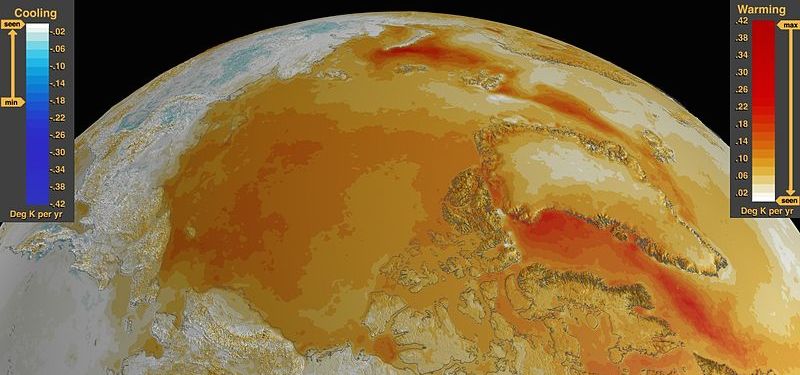Climate research is a well established, growing research field. Since its inception, it has always been closely linked to the economic benefits of being able to understand long term features of the Earth’s climate system. Benjamin Franklin, for example, although better known for other achievements, also produced the first chart of the Gulf Stream in the North Atlantic. This undertaking was motivated by the need to reduce the travel time of postal correspondence between the United Kingdom and New York. Similar considerations may be made for Edmund Halley’s charts of trade winds which, as the name suggests, played a key role in global commerce during the age of sail.
Today, even though societal impacts have become a major motivation for climate research, the link with economics remains strong. This is exemplified by the fact that climate policy is almost exclusively designed by economists. True – there are always scientific advisors – but the final evaluation and drafting is down to the economic viability of the proposal, which does not always coincide with its environmental one. Even government guidelines – see the Stern Review – are generally written by and for economists.
It is obvious that all environmental policies need to be economically sound, but it is less clear why there shouldn’t be policies designed by scientists with the aid of economic advisors, and not vice-versa. I am not advocating a revolution or a take-over of policy design by scientists, but rather the need for greater collaboration between pure scientists and policy-makers/economists. This collaboration needs to start at a university level, and needs to promote interdisciplinary academic careers and encourage a combined approach towards climate science.

Don’t get me wrong, I am far from suggesting that there is no exchange between the two groups – initiatives such as the Grantham Research Institute have been very successful in this respect – but it is far from enough. Finding economics graduates in an Atmospheric Physics group or meteorology graduates in LSE is a rare sight. With very few exceptions, what is missing is an academic path which will enable current students to approach environmental economics and climate science as two aspects of the same problem. They will then become the next generation of environmental policy/climate science leaders, and will hopefully produce a more effective and influential research community than the current dual system has. There will still be the need for pure scientists and pure economists, but when students start an environmental economics or climate science degree, they should have all choices available to them, including the interdisciplinary one.
Any environmental policy or initiative must ultimately be both economically and environmentally feasible, and should ideally be designed by someone who has an equally in-depth understanding of these two aspects. A stronger collaboration between scientists and economists – or even better an effort to blend the economics and the science of climate – is fundamental to make policy design and scientific research in this field more incisive and effective.
